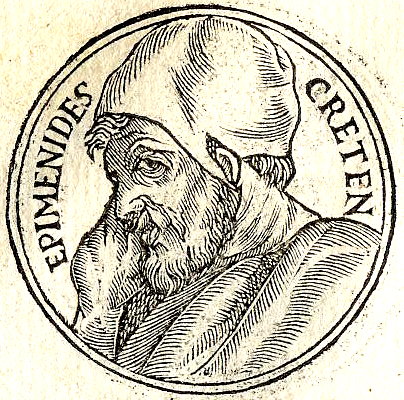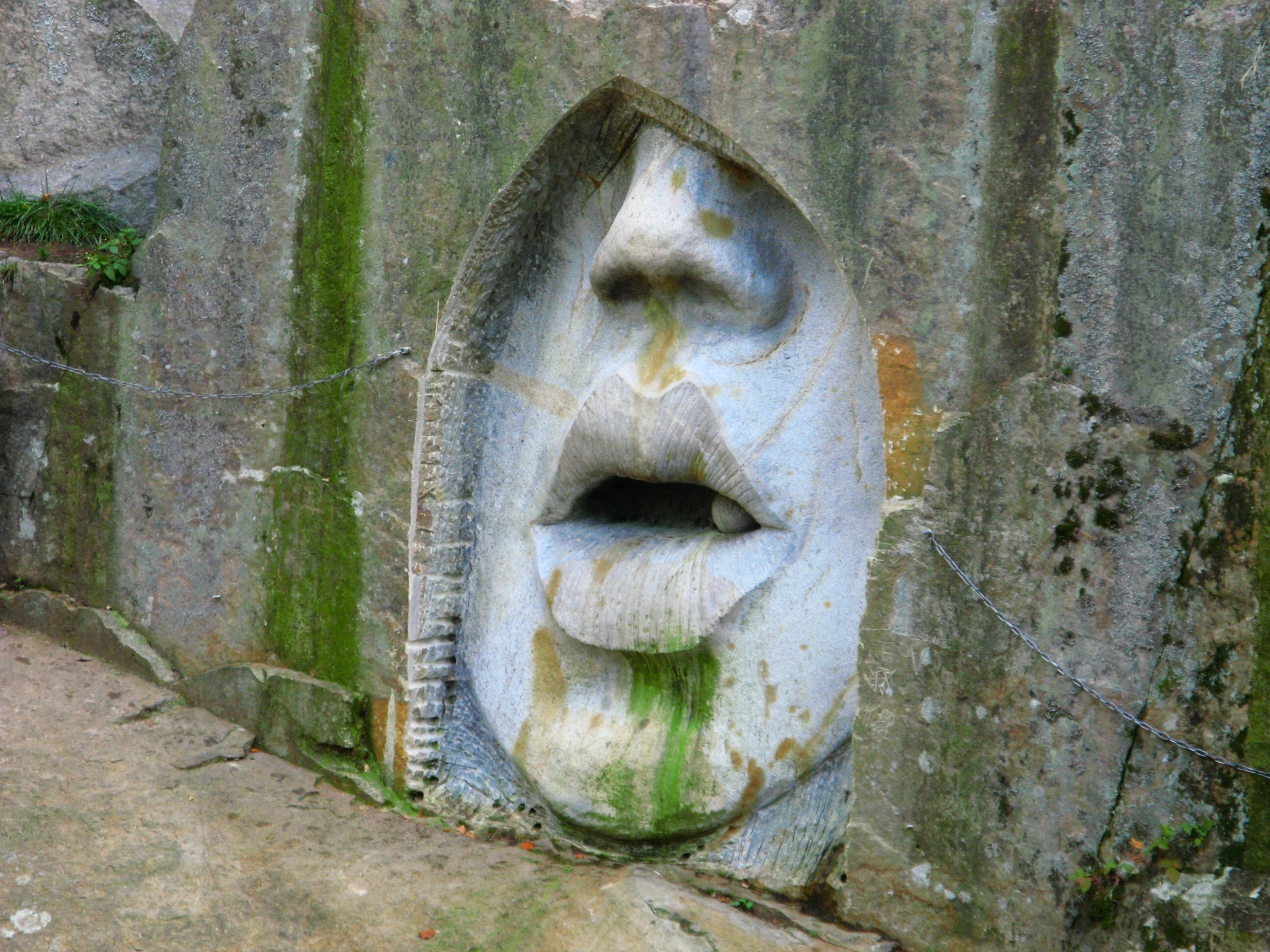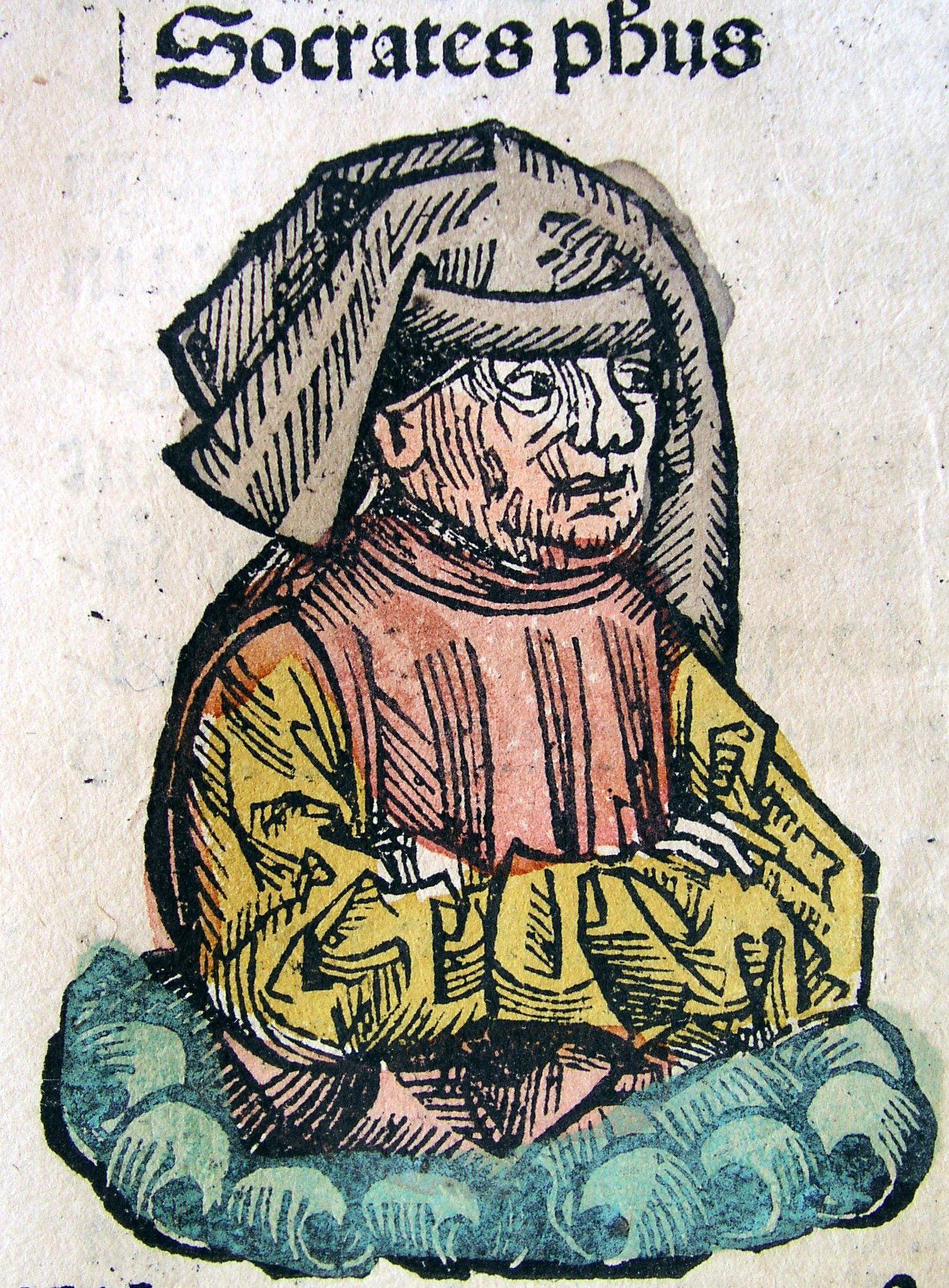Vallicella finally addresses the problem of
Excluded Middle and Future-Tensed Sentences. A prediction in 1996 that the FTSE would reach 10,000 by 2011 would have been wrong at the time the prediction was made. As he points out (using the US Dow index as his example), subsequent events merely made it
evident that the content of the prediction was false, rather than
bring it about that the prediction had a truth-value. Not even God can restore virginity*.
This suggests that the Law of Excluded Middle applies to future tense statements, but this causes him puzzlement, expressed in the following 'aporetic triad'.
1. Law of Excluded applies unrestrictedly to all declarative sentences, whatever their tense.
2. Presentism: Only what exists at present exists.
3. Truth-Maker Principle: Every contingent truth has a truth-maker.
They can't all be true, according to him, because the conjunction of any two implies the negation of the third. So here is a genuine insoluble problem. Each has a strong claim to our acceptance, but all of them cannot be true together.
Is that right? First, I don't see why the three statements are
logically inconsistent. Why can't the truthmaker for a future tense statement exist
now, in the
present? However, presumably Maverick buys the argument I gave
here. If the truthmaker exists now, and given that we cannot change the immediate present or the past, we cannot change the truthmaker’s existence. So we cannot change the future, for the truthmaker that exists now makes the future true, but we can change the future,
ergo etc. So we can assume the additional premise
4. The truthmaker for any contingently true proposition exists only at the time
for which the proposition is true.
By the expression 'time for which' a proposition is true, I am attempting to translating the medieval Latin
pro tempore, meaning, roughly, any time at which any present tense statement corresponding to a non present tense statement is true. For example, if I truly say 'it will rain next week', when today is 3 December 2011, the time
for which my statement is true = any day next week, i.e. the week commencing Monday 5 December. The corresponding present tense statements are 'it is raining today', uttered on Monday, or on Tuesday, Wednesday etc.
But statements 1-4 above cannot all be true. If only things in the present exist, future truthmakers do not exist. It may be that they
will exist, but they don't
now. So the statement 'it will rain next week' has no truthmaker (although, if it does rain, it may be that it
will have one). And yet law of excluded middle surely applies to any statement whatever. If it
does rain next week, and I say that it
will rain next week, then surely we can say next week that 'Edward
was right'.
Which of the four statements above is incorrect? (Rhetorical question, for those who read my blog regularly).
*
Pace Peter Damian.
 "What she said" in the vernacular is a way of expressing or agreeing with what the speaker just said. We can extend this useful idea in all kinds of ways. E.g.
"What she said" in the vernacular is a way of expressing or agreeing with what the speaker just said. We can extend this useful idea in all kinds of ways. E.g.
 A nice companion to my
A nice companion to my 
 Every departmental science has a subject, and its literature talks about or refers to that subject. Physics talks about heavy bodies and momentum and energy, chemistry talks about compounds, biology talks about flora and fauna etc. What does semantics, the science of meaning, talk about?
Every departmental science has a subject, and its literature talks about or refers to that subject. Physics talks about heavy bodies and momentum and energy, chemistry talks about compounds, biology talks about flora and fauna etc. What does semantics, the science of meaning, talk about?